Introduction
Connection Between Agriculture and Global Warming many individuals don’t understand how intently farming is connected with the worldwide environmental emergency that is in progress. Farming is a significant wellspring of ozone-depleting substance outflows and ecological crumbling, regardless of the way that areas like transportation and energy creation habitually get the most consideration in worries about an Earth-wide temperature boost. Farming, however, can likewise add to tracking down an answer, thusly understanding this is critical. We’ll analyze the charming connection between farming and environmental change in this article, underlining both the impeding and useful impacts of agrarian practices. Global Warming Problem and Solutions
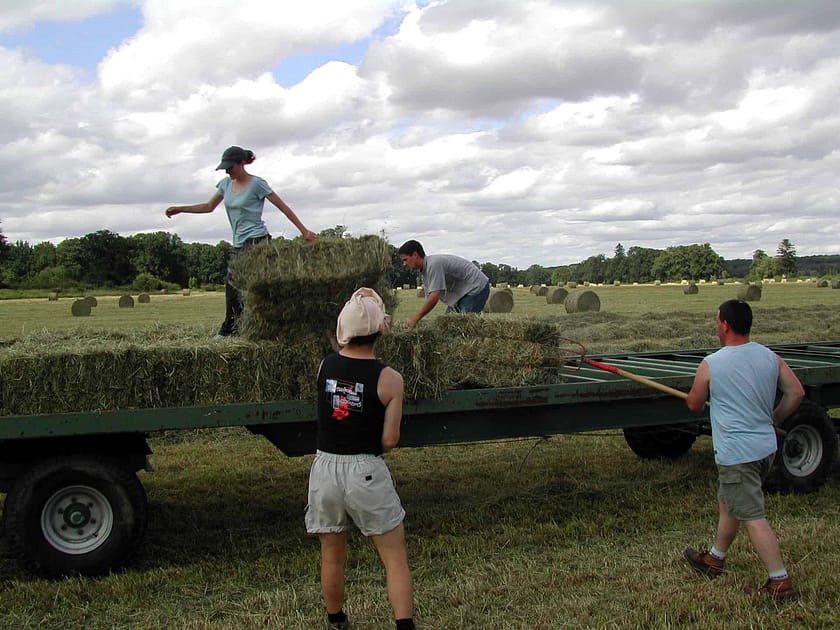
Table of Contents
1.The Impact of Agriculture on Global Warming
Deforestation and Land Use Change
Deforestation and altered land use are two important ways agriculture contributes to global warming. By absorbing carbon dioxide (CO2) from the atmosphere and storing it in trees and soil, forests serve as carbon sinks. However, huge tracts of forest are frequently removed in order to make room for agricultural operations like large-scale monoculture crops or cow grazing, which releases stored carbon back into the atmosphere.
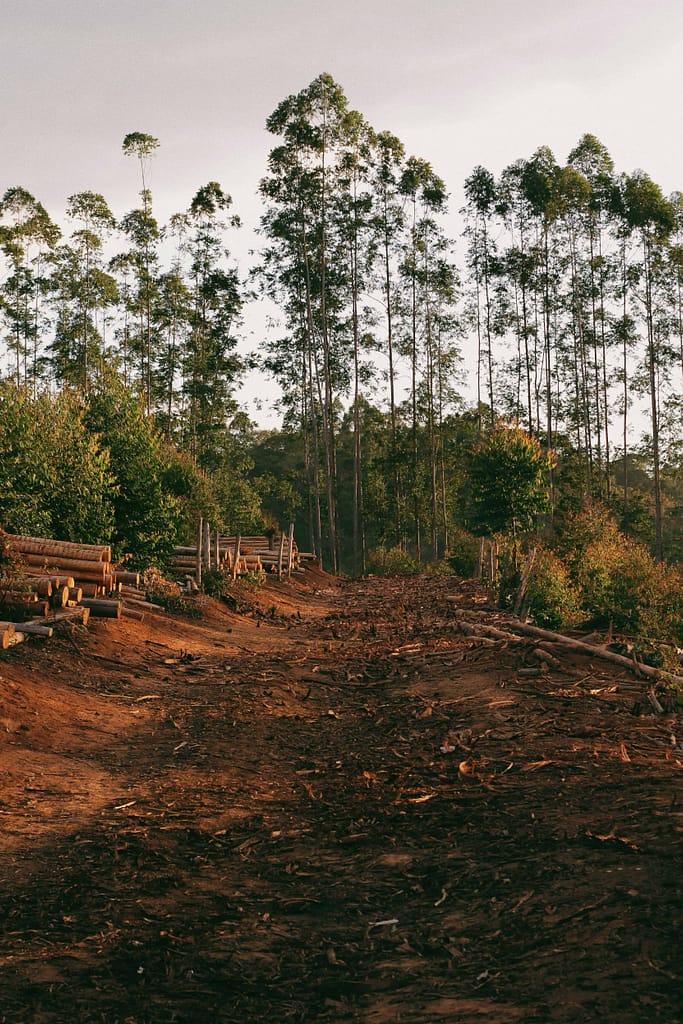
Greenhouse Gas Emissions from Livestock
The development of animals, particularly the dairy cattle business, impressively affects ozone depleting substance discharges. Methane, a strong ozone depleting substance that is more remarkable than carbon dioxide, is delivered by cows. The assembly of creature feed and the chaperoning of deforestation likewise deteriorate the ecological impacts of animal cultivation.
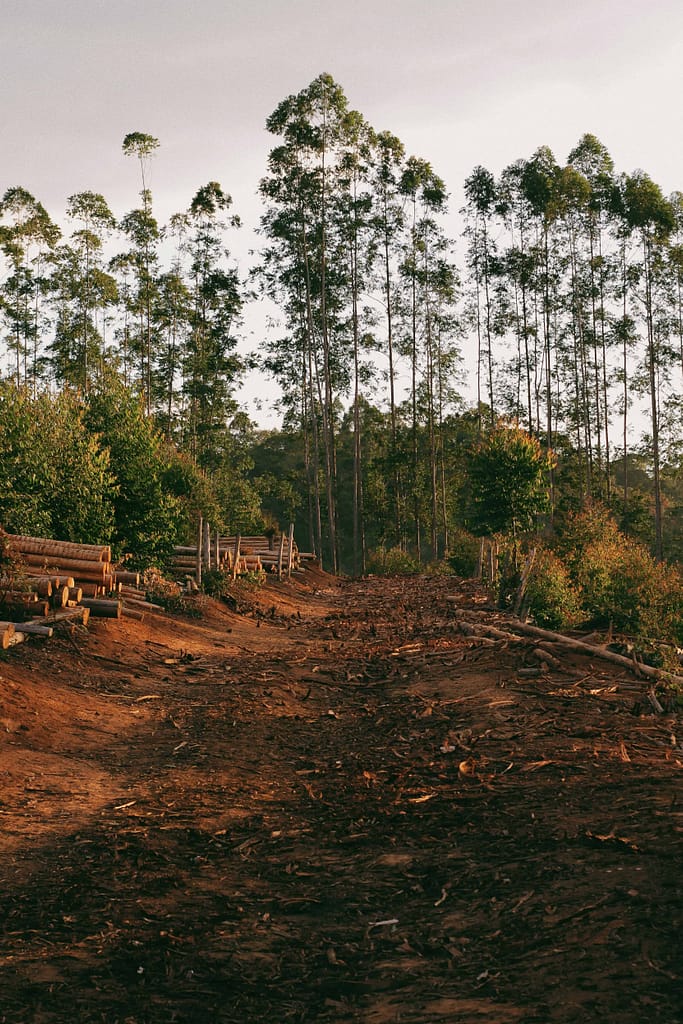
Fertilizer Use and Nitrous Oxide Emissions
Nitrous oxide (N2O), another potent greenhouse gas, is released into the atmosphere as a result of the use of synthetic fertilizers in agriculture. When nitrogen-based fertilizers break down in the soil, nitrous oxide is generated. High levels of N2O emissions from excessive or ineffective fertilizer use can exacerbate climate change.
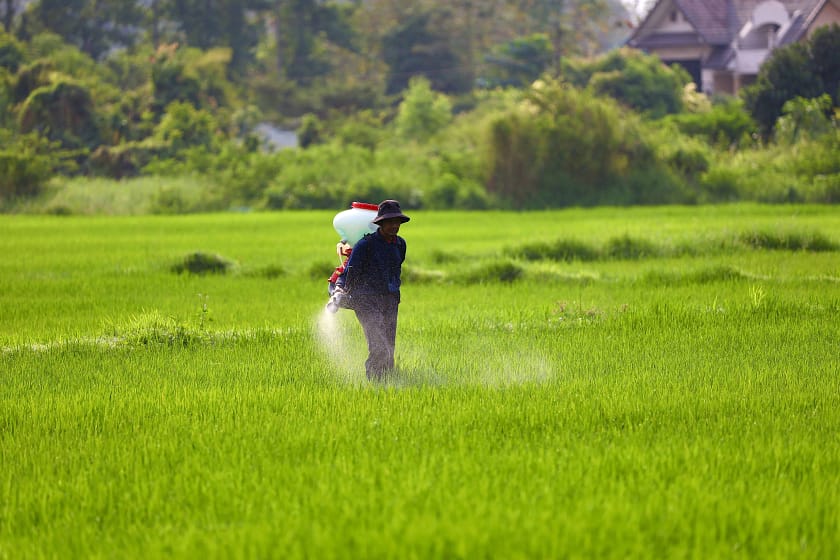
Agricultural Waste and Methane Emissions
Methane can be released during the anaerobic decomposition of agricultural waste, such as crop residues and manure. A large amount of the world’s methane emissions are caused by agriculture. These emissions can be decreased with the proper management and treatment of agricultural waste.
2. Positive Impacts of Agriculture on Climate Change
While agriculture does contribute to global warming, it also has the potential to slow down the effects of climate change by using sustainable methods. Here are a few ways that agriculture has helped combat climate change:
Sustainable Farming Practices
Agriculture’s negative effects on the environment can be mitigated by using sustainable farming techniques. Crop rotation, conservation tillage, and other techniques all work to enhance soil health, increase carbon sequestration, and reduce chemical inputs. Farmers may increase the resilience of their land while reducing climate change by putting a priority on soil health.
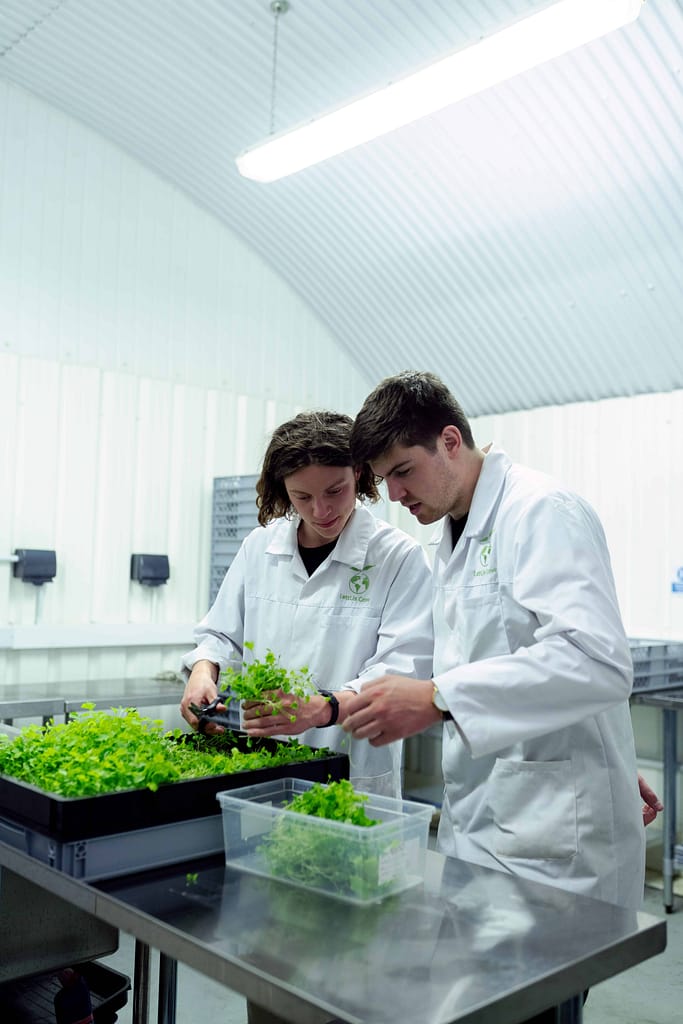
Carbon Sequestration in Soils
Significant amounts of carbon can be stored in healthy soils. Increased soil carbon sequestration can result from the use of regenerative agricultural techniques like cover crops and agroforestry. Through enhancing soil organic matter content and carbon sequestration, these practices encourage the development of a variety of plant species.
Agroforestry and Silvo pasture Systems
Trees and shrubberies are coordinated with rural harvests or domesticated animals in agroforestry and Silvo pasture frameworks. Various benefits are presented by these frameworks, for example, further developed protection from environmental change, biodiversity conservation, and carbon sequestration. Trees add to the improvement of microclimates, the control of soil disintegration, and the arrangement of natural surroundings for useful creatures.
3. The Role of Consumer Choices in Addressing the Crisis
Through their dietary choices, people can altogether influence how the environment fiasco is dealt with. Shoppers can help society in the accompanying ways:
Plant-Based Diets and Reduced Meat Consumption
Decreasing meat intake or switching to a plant-based diet can both impressively lower ozone harming substance outflows. Domesticated animals cultivating utilizes a ton of assets, obliterates backwoods, and produces methane discharges. Individuals can diminish their carbon impression and add to more reasonable food frameworks by embracing plant-based other options and eating less meat.

Supporting Local and Organic Farming
Supporting natural and privately created merchandise energizes reasonable cultivation techniques. Neighborhood food frameworks help safeguard the essentiality of adjacent networks, support biodiversity, and cut down on transportation emissions. The utilization of engineered synthetic compounds is limited in natural horticultural work, further developing soil wellbeing and bringing down contamination.
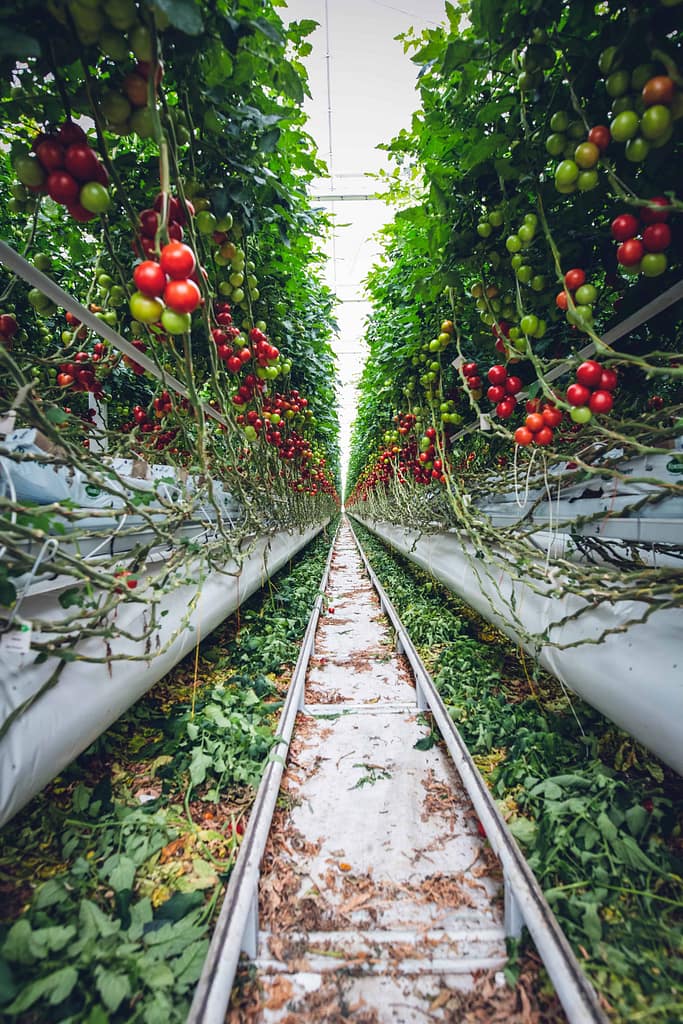
Reducing Food Waste
For farming’s ozone-depleting substance emissions to be diminished, it is fundamental to address food squandering. Decreased food squandering at the purchaser level assists individuals with saving assets, cutting back on landfill methane discharges, and diminishing the requirement for serious farming creation.
4. Challenges and Solutions for Sustainable Agriculture
There are hardships associated with making the change to sustainable agribusiness. In any case, there are various ways of getting past these difficulties:
Technological Innovations
Agribusiness rehearsals that are more supportable can come about because of putting resources into mechanical progressions. Ranchers might augment asset usage, decline waste, and increment yield while diminishing their effect on the climate by utilizing accurate farming, astute water system frameworks, and high-level checking innovations. https://youtu.be/yWCPpLEppqg

Policy and Government Support
Advancing maintainable agribusiness is enormously helped by government strategies and motivating forces. Ranchers might be convinced to utilize more manageable practices through arrangements that help agroecology, natural cultivating, and regenerative practices. The shift to feasible agribusiness can be helped further by monetary help and exploration subsidizing.
Education and Awareness
The main thrust behind the change is mindfulness and schooling. It is feasible to support the reception of manageable rural practices for a huge scope by teaching ranchers about them, giving preparation programs, and expanding public comprehension of the impacts farming has on the climate.
Conclusion
The startling connection between horticulture and environmental change stresses both the negative and valuable impacts of farming practices on environmental change. Through maintainable practices, horticulture can reduce environmental change regardless of whether it contributes intensely to ozone-harming substance emissions through deforestation, animal raising, and compost use. Individuals might assist with making a future that is more economical and versatile by embracing regenerative cultivating practices, supporting nearby and natural food frameworks, and pursuing intentional food decisions.
FAQs (Frequently Asked Questions)
- How does agriculture contribute to greenhouse gas emissions?
- Agriculture contributes to greenhouse gas emissions through deforestation, livestock farming, fertilizer use, and agricultural waste.
- What are some sustainable farming practices?
- Sustainable farming practices include organic farming, conservation tillage, crop rotation, cover cropping, and agroforestry.
- How can individuals make a positive impact on climate change through their food choices?
- Individuals can make a positive impact by adopting plant-based diets, reducing meat consumption, supporting local and organic farming, and minimizing food waste.
- What role does government policy play in promoting sustainable agriculture?
- Government policies can incentivize and support sustainable agriculture through measures such as financial support, research funding, and regulations that promote organic farming and regenerative practices.
- What are the main challenges in transitioning to sustainable agriculture?
- Challenges in transitioning to sustainable agriculture include the need for technological innovations, policy support, education and awareness, and overcoming resistance to change.
